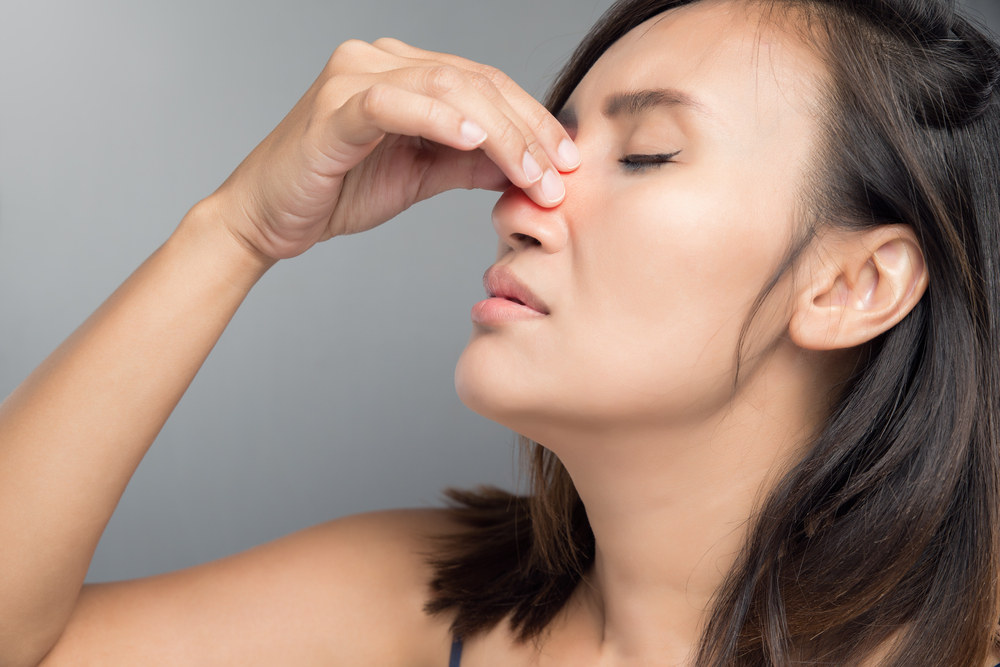You’ve Hurt Your Achilles Tendon

Tendonitis
December 14, 2016
Do You Have Chronic Pain?
December 28, 2016You’ve Hurt Your Achilles Tendon

Most of us have heard others complain about how badly their achilles tendon hurts. We see them hobbling around, using crutches, or maybe they just don’t come to work. The truth is we may have been too hard on them by talking among ourselves that it just can’t hurt as badly as they act like it does.
Well, if you are one of those who felt your friend or co-worker was carrying on a little too much, you’re wrong. A ruptured achilles tendon can be very painful. In fact it can be debilitating.
The achilles tendon is the largest tendon in the human body. While it can withstand a lot of force it is also the most frequently ruptured tendon. In most cases a ruptured tendon is the results of a sports injury. The professional athletes and the “want to be” athletes are subject to rupturing this tendon. If it does not rupture you may still develop tendonitis. (inflammation of the tendon due to overuse)
We do not want to scare you but you need to know that achilles tendonitis can be caused by simple things such as:
Running up a hill or climbing stairs, overuse stemming from lack of natural flexibility in the calf muscles, increasing mileage or speed when walking, jogging, or running before you are in shape to do so, exercise or precipitate in a sports activity without warming up, trauma caused by sudden and/or hard contraction of the calf muscles when putting out extra effort, such as in a sprint, and by wearing improper shoes.
Achilles tendonitis often begins with mild pain after exercise or running that gradually worsens.
Some signs to look for are:
- Recurring localized pain, sometimes severe, along the tendon during or a few hours after running.
- Morning tenderness about an inch and a half above the point where the Achilles tendon is attached to the heel bone.
- Sluggishness in your leg.
- Mild or severe swelling.
- Stiffness that generally diminishes as the tendon warms up with use.
Treatment normally includes:
- A bandage specifically designed to restrict motion of the tendon.
- Taking nonsteroidal anti-inflammatory medication for a period of time. (do not use a bandage or take medication before you discuss the problem with your doctor)
- Orthotics, which are corrective shoe inserts designed to help support the muscle and relieve stress on the tendon. Both nonprescription orthoses(such as a heel pads or over-the-counter shoe inserts) and prescribed custom orthotics may be recommended depending on the length and severity of the problem. (it would be best to discuss this first with your doctor)
- Rest and switching to exercises that do not stress the tendon (such as swimming).
- Stretching and exercises to strengthen the weak muscle group in front of the leg, calf, and the upward foot flexors, as well as massage and ultrasound.
In extreme cases, surgery is performed to remove the fibrous tissue and repair any tears.
You can receive the information and treatment you need for your injured achilles tendon from the health care professionals at Outpatient Services East. Many people have had the treatment or surgery they required there and are s please they did.
Contact them today at 205-838-3888

